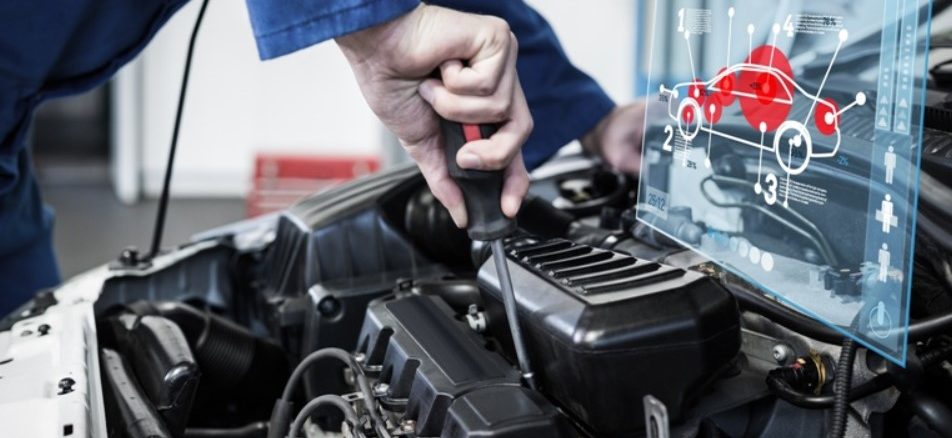
A tune up is a somewhat outdated phrase for preventive maintenance on a vehicle. On newer vehicles, tune ups no longer consist of making mechanical adjustments to improve the performance of the engine because the car's computer now controls a lot of those functions. Nevertheless, the name has stuck.
What does a tune up consist of today? Rather than making a lot of mechanical adjustments, a car tune up today more often involves the following:
-Checking fluids, e.g., coolant, motor oil, or transmission fluid
-Replacing belts and hoses, e.g., the timing belt or the radiator hose
-Changing filters, e.g., the fuel filter or the auto air filter
-Checking the battery and ignition system
Often, preventive maintenance of this type happens on a scheduled basis, but how often does your car need a tune up of this nature? There are at least three different schools of thought.
Performance Issues
If you start experiencing serious performance issues, such as the car stalling or becoming difficult to start, or the engine running roughly during acceleration or idling, then the car is definitely in need of a tune up at the very least. However, it is not ideal to wait until your car is having problems because that likely means that damage has already been done and you may need something more than a mere tune up to resolve the issue.
Owner's Manual Instructions
Your owner's manual will often tell you how often to have preventive maintenance on your vehicle. For many vehicles, a yearly tune up is recommended, although some manufacturers may suggest that you have them more often or less often.
You shouldn't have tune ups on your car any less often than the manufacturer recommends. However, there is nothing wrong with scheduling preventive maintenance more often than is recommended. You may put your vehicle to unusual uses that the manufacturers did not take into consideration when writing the manual. For example, you may frequently pull heavy loads, drive on unpaved roads, or do a lot of stop-and-go driving, all of which may put undue strain on your engine. If special circumstances such as this apply, your vehicle may benefit from more frequent tune ups.
Mileage
For some people, it is easiest to just schedule maintenance according to a particular time frame. For others, it makes more sense to get a tune up after driving a certain number of miles. While either method is a valid measure, how often you should have a tune up based on mileage varies depending on the age of your car. Newer cars can go more miles without maintenance, so you only have to perform a tune up every 25,000 to 100,000 miles. However, if you have an older vehicle, you shouldn't go more than 10,000 to 12,000 miles without a tune up. Keep in mind that no harm can come from performing tune ups more often than recommended.
Once you have determined how often your car should receive a tune up, the next question becomes whether you should do it yourself or have it done professionally. If you choose to perform the tune-up yourself, you can find helpful products like K&N air filter cleaner at a local auto parts store.

Be the first to comment